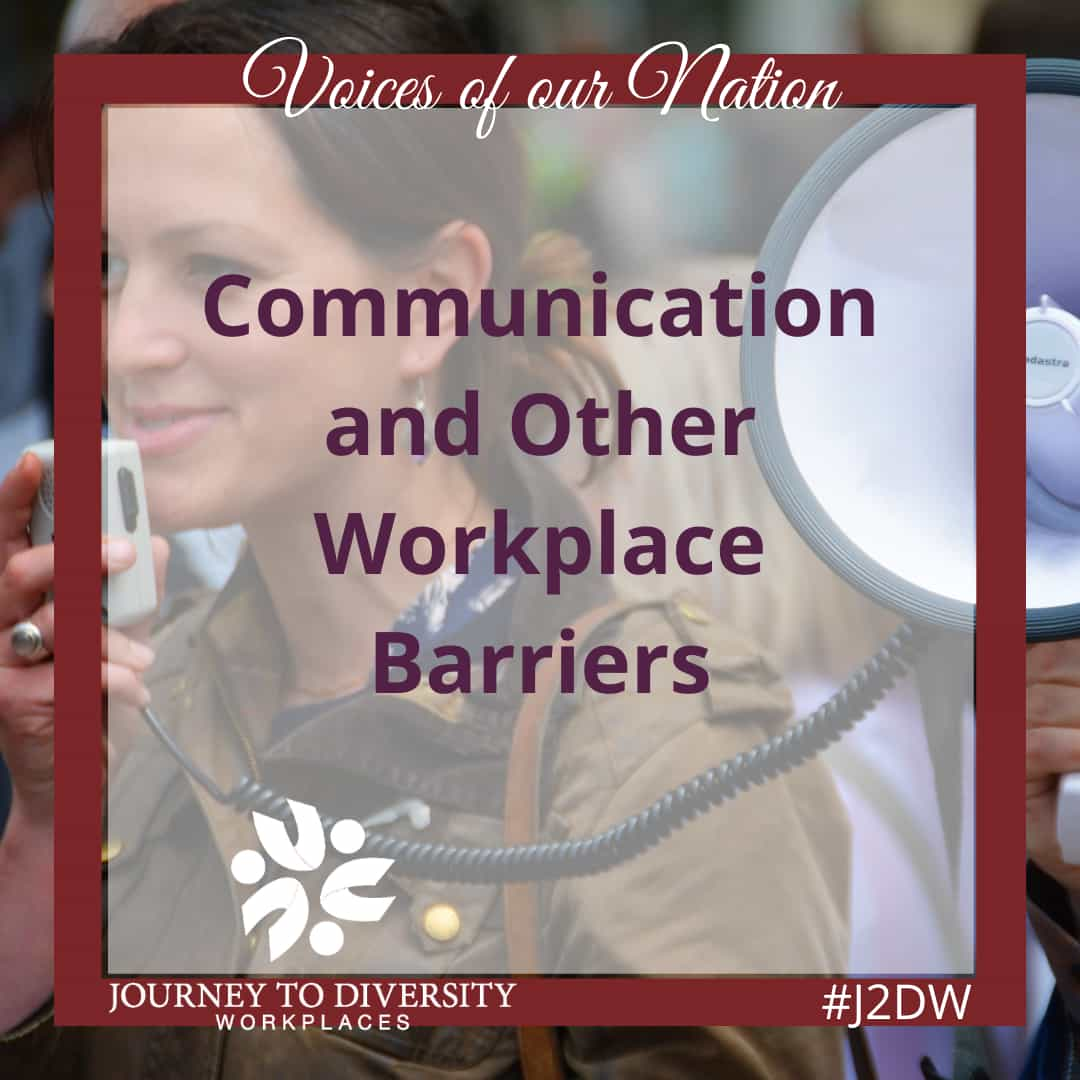Communication in the workplace is affected by a number of factors, some of which are recognizable to the worker while other are more complex and require a closer look. For example, there is a co-worker that you feel is unapproachable and as a result, you might prefer to procrastinate and not ask them questions or notify them of certain information. It could be any numerous of reasons that you feel this way, they looked at you funny, said a rude remark or cut you off in a meeting. However, without cutting to the chase of the problem and approaching them, you unconsciously created that barrier that made it difficult for you to approach them.
Over time, if there is no effective communication, it does weaken the bonds between the employers, employees and the organization as a whole. For example, a newly recruited employee is unsure if their work is up to par and if they completed it correctly, but they are intimidated by their senior. They may choose to go to a co-worker or other senior who may or may not be able to guide them as effectively and could consequently cause the work to suffer along with the credibility of the employee.
We underestimate the power of communication at a workplace such as sending quick emails, texts, phone calls, memos and of course the coffee breaks. Misunderstanding and miscommunications are common, hence it is important to overcome these barriers to build a healthy working environment.
Some common communication barriers are:
1) Distractions – getting distracted during a presentation or meeting and wanting to save face and not admit to these distractions, you don’t ask a colleague on what was said while your mind wandered (we do have an attention span of only 20 mins). Therefore you choose to input whatever you thought they said, which can lead to confusion and mistakes.
2) Shyness and Discomfort – these are real things that do hinder a conversation at a workplace. You have a great idea that you want to contribute but every time you are about to speak, the thought of having ‘all eyes on you’ and actually articulating this idea is too much and uncomfortable. Being too shy and uncomfortable in a workplace doesn’t allow for the worker to show what they are capable of doing and hinders the production of work overall.
3) Trivial Doubts – you might be thinking to yourself ‘why must I ask my senior such a trivial doubt such as rounding off one digit in a transaction’ and end up costing the firm thousands of dollars. Prevention is better than cure. It is a good idea to ask co-workers or management even a trivial doubt question (it may be a big deal and you’ll be grateful you asked) to prevent any further issues.
4) Body Language – I cannot stress enough how non-verbal body language speaks louder than words. Mixed signals (are they listening or not, should I repeat myself, how much have they understood) all cause confusion and work may suffer because of it. It is important to make sure (as my teacher used to tell us in class) that you are there both in body and mind. If you miss something because you got distracted for a few minutes, make sure you catch up either with a colleague or just ask them directly. They might appreciate the honesty (no one can pay attention 24/7 and the mind is bound to wander).
Some other barriers that one may face are:
5) Cultural Barriers – how people think, react and see the world can vary widely because of culture. This might give rise to stereotypes and other preconceived notions and sometimes make the person feel uncomfortable. For example, telling a person of Asian origin to handle the finances just because they are known to be good at math, is a gross violation of an employee’s personal merit.
6) Multitasking – with access to technology at work, employees feel that it’s necessary to check e-mail, answer customer calls and send text messages at the same time. Multitasking is a barrier to productivity because it can prohibit an employee from remembering important information and not being able to perform their job satisfactorily.
7) Stress – the amount of stress an employee feels when faced with many uncompleted duties prevents one from actually completing said tasks or opening up to a superior about it for fear of repercussions. Please speak up if you think your plate is too full. It is not healthy with regard to mental fatigue and physical health.
8) Physical Barriers – the closed doors and cubicles can be a subtle hindrance to communication. People in open rooms tend to talk more and walk about more freely.
These are just some of many different barriers that arise every day at one’s workplace. At the end of the day, open and effective communication between employers and employees goes a long way in solving issues and prevents new ones from cropping up.
This article was written by volunteer blogger Riya Prem Raaj and edited by volunteer editor Erin Murphy.


